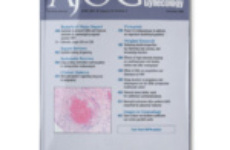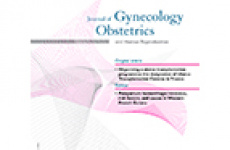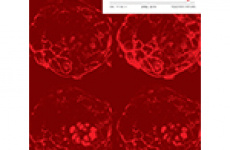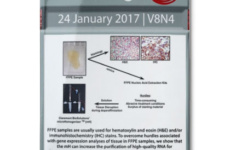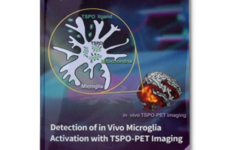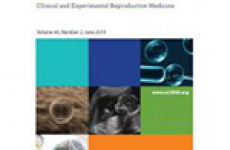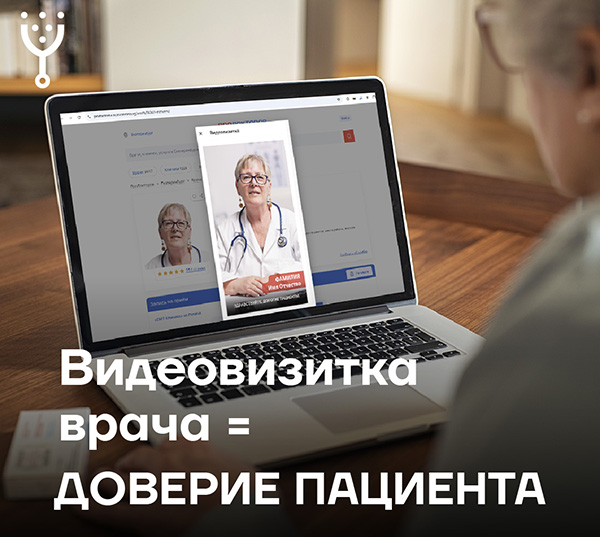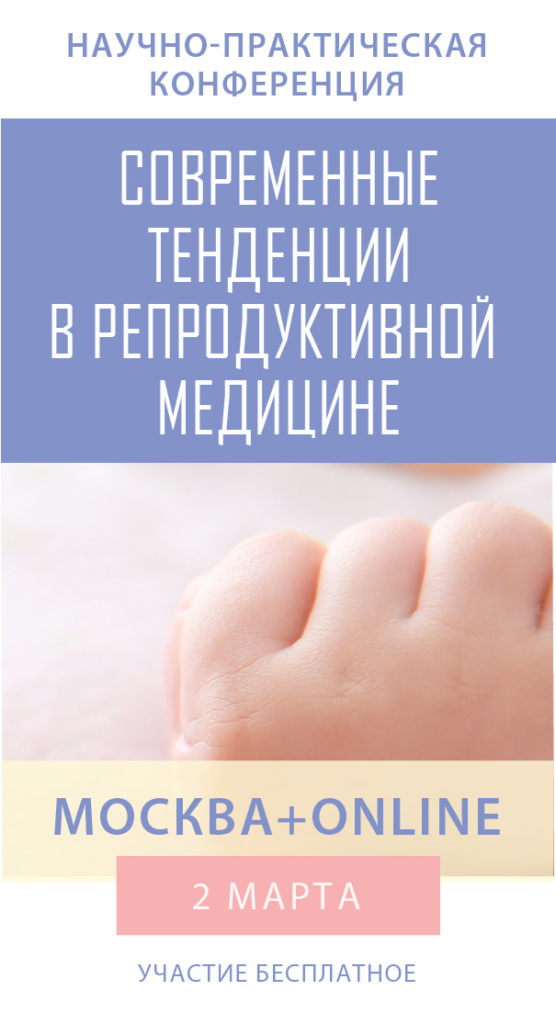 The identification of cell‐free fetal DNA circulating in maternal blood combined with technologi-cal developments, in particular next‐generation sequencing, is enabling the development of safer prenatal diagnosis.
The identification of cell‐free fetal DNA circulating in maternal blood combined with technologi-cal developments, in particular next‐generation sequencing, is enabling the development of safer prenatal diagnosis.
While this technology has been widely applied as a highly sensitive screening test for aneuploidy, there has been relatively little clinical application for the diagnosis of monogenic disorders. In the UK, we have established non‐invasive prenatal diagnosis (NIPD) as a clinical ser-vice for a range of inherited disorders. The results from NIPD do not require confirmation by inva-sive testing and are welcomed by patients and health professionals alike.
Here, we describe the technical approaches used, current practice and outline recommendations for best practice when de-livering an NIPD service from an accredited laboratory. © 2017 John Wiley & Sons, Ltd.
Lucy A. Jenkins Zandra C. Deans Celine Lewis Stephanie Allen
Prenatal diagnosis, Volume38, Issue1, January 2018, pages 44-51
DOI: 10.1002/pd.5197



